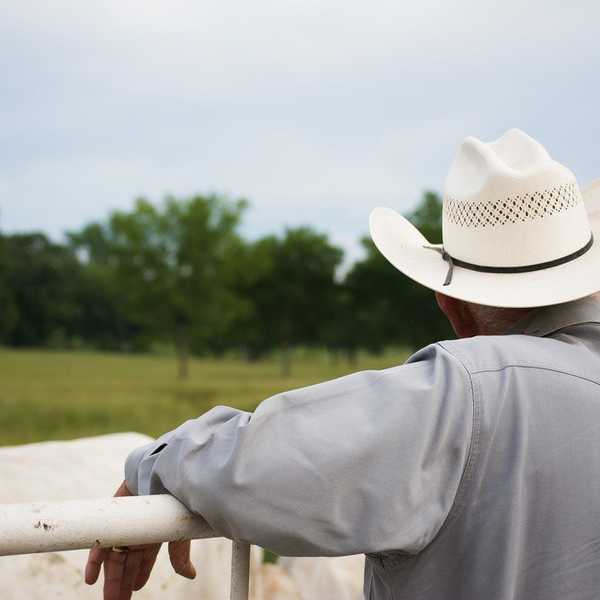I remember one particular January evening in 2016 distinctly. My friends and I were crowded around a fireplace with mugs of hot chocolate in hand, chatting and laughing about anything and everything. We talked about the new year, what our plans were, and thought back to the year behind us. Our conversation took a dark turn when someone said, "Hey, the anniversary of Deah, Yusor and Razan's death is coming up."
To many, these names are long forgotten or completely unfamiliar. However to my tight circle of friends, they represented a fear instilled in them the day they chose to accept Islam as their faith, or to put on the headscarf, traditionally known as the hijab. The fear of discrimination, hate, and not feeling like they belong in a place they've lived their whole lives lingered subconsciously. On February 10th the year before, three Muslim American graduate students were murdered execution style in their home located close to the heart of UNC's campus. Two of the targets, Deah Shaddy Barakat and Yusor Mohammad Abu-Salha, were to be married later that year. Yusor's sister, Razan Abu-Salha, was on the path to becoming an architect as she finished her studies at NC State. Thousands grieved throughout the country over the loss of these three inspiring individuals, affectionately referred to as "Our Three Winners", and were outraged by the fatal outcome of this so-called "parking dispute" gone wrong. In a time where islamophobia was (and is) on the rise, this touched the lives of many around me and validated the dreadful reality that the place I call home is not as safe as I thought.
Although the murderer, Craig Hicks, is in the process of being brought to justice through a lengthy trial and time behind bars, it isn't easy to forget the details the police forgot to give in regards to the incident. It's important to note that two of the slain victims, Yusor and Razan, were wearers of the hijab as many Muslims in today's world are, which makes them prime examples of potential subjectivity to racialization, and unfortunately, hate crimes. What also sparked the notion that the shootings were representative of a hate crime were the events leading up to it. Yusor and Razan's father, Mohammad Abu-Salha, stated that the students were afraid of Hicks, "who had come more than once to their doorstep with a gun in his waistband." His social media didn't help his case either, as he posted many photos of his wide array of military-style weapons, anti-Muslim memes and revealed his hatred towards religion. There were many accounts where the three victims felt animosity from Hicks because of their Muslim heritage.
"The morning following the murder, Chapel Hill Police released a statement saying that "preliminary investigation indicates that the crime was motivated by an ongoing neighbor dispute over parking". This was the most preferred claim by corporate news outlets, as many were quick to put out headlines like, "Parking dispute, not bias, triggered triple murder, say NC police." When this was revealed to the public, people were furious in regards to these allegations because in reality, Hicks was in violation of the apartment complex's rules on parking while the three victims were not. This demonstrated how many would rather settle with this conclusion than to find out the truth about what happened and inevitably leads me to wonder what would've happened if the roles were reversed, if a Muslim man shot three Caucasian neighbors.After hearing about the shooting, it is safe to say that I was in shock. How could something like this happen so close to home? Although I wasn't personally close to the slain victims' family, many of my loved ones were. Tears were shed, prayers were made, and to watch this unfold broke my heart. What hit me the most was the fact that this could have happened to any of my Muslim friends; those who visibly portray their faith through their hijabs, dark skin, or any other inkling that represented their identity. Is it possible to every feel safe again? I thought to myself after I attended many memorials and vigils in honor of the victims.
After the crime took place, many felt the need to heavily assimilate to American culture by removing their hijabs, changing their names and hiding their true selves, simply because they didn't feel that they belonged anymore. The feeling of security and safety, a huge part of what the politics of belonging stands for, was stripped from my peers and me.Personally, the primary lesson I learned through this was that although the event was devastating and not at all deserved, it brought upon a sense of community and belonging among Muslims. Those who didn't interact because of differences in race, social class, what mosque they attended or any other facet finally did so warmly, as they all bonded through this roller coaster of emotions and through compassion, understanding and the sense of unity.



















